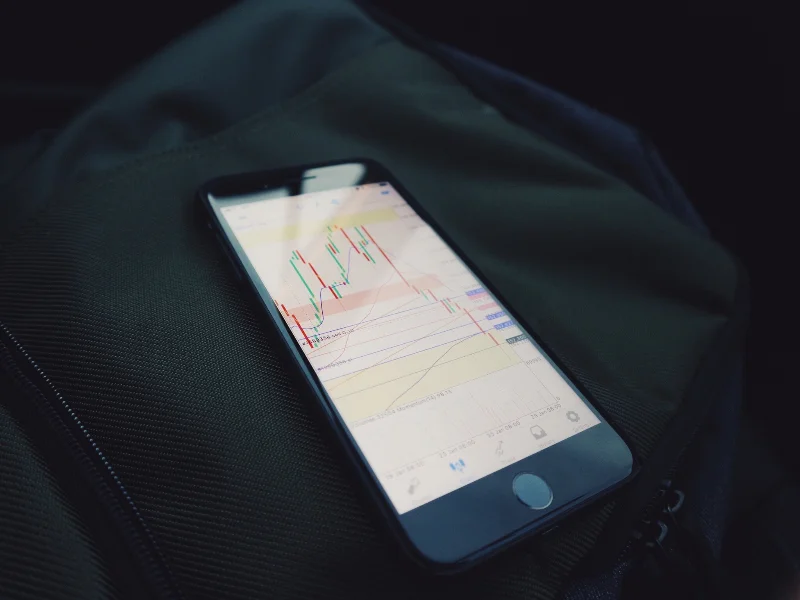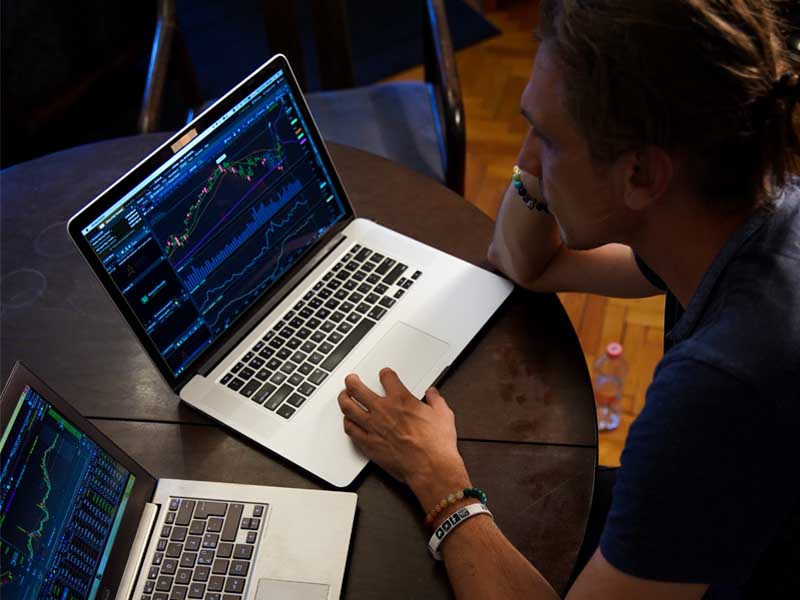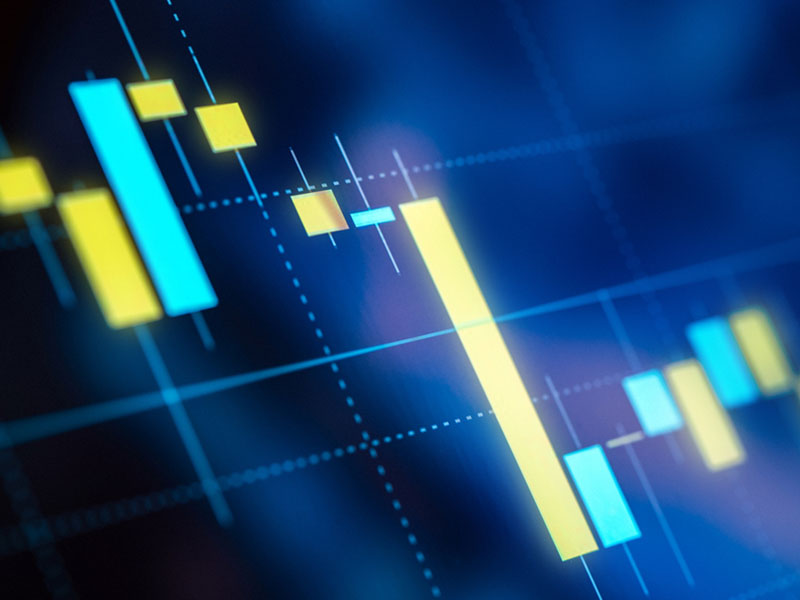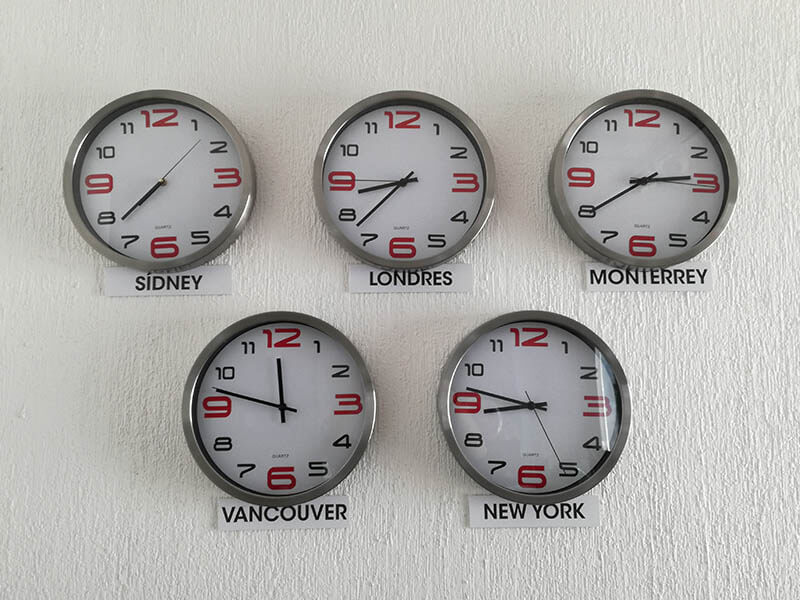Periods of volatility are inevitable in any market, and forex is no exception.
Choppy markets can frustrate new traders, so understanding volatility is important.
Here’s how to prepare yourself for volatile periods...
What is volatility?
All stocks and forex pairs fluctuate in value over time – it’s a normal feature of every market.
However, sometimes a market’s fluctuation becomes a lot wilder than usual, varying greatly from its mean position as traders buy and sell rapidly at different prices. On a minute-by-minute basis, the price becomes impossible to predict.
Spikes in volatility can last for hours, days or even weeks, and are usually caused by financial reports or other news that creates uncertainty.
Volatility happens when traders don’t agree on the true value of an underlying asset. Sudden changes in demand (both buying and selling) can cause a high degree of price fluctuation.

Working with volatility
People new to forex often avoid volatile currencies because volatility equals risk.
You might think an asset’s price is as low or high as it can get before buying or selling, but the very nature of volatility means that it could go down or up even further. And when you’re dealing with prices that change by the second, timing is crucial.
Even seasoned investors can be wary of taking a position until the market has returned to a more predictable place.
Take a look below at some of the tips traders use to see them through volatile times.
Play the long game
A long-term position in a market should be a calculated and unemotional process.
If you considered your investment sound in the past and think that the current phase is just a blip, hold tight and see it through.
Trading over a longer period means you can take a look at wider factors that could affect the market — interest rates, commodity prices or other political events.

Choose your trades carefully
It’s true that most traders have favoured currencies and monitor those economic zones more carefully. But that doesn’t mean you should always invest.
When your target currencies are seeing turbulence, it may be better to take a step back from trading and re-enter the markets at a later time.
Use limit orders
You can set limit orders to instruct your broker not to buy above a certain price or sell below another.
That way, you’re more in charge of the risk you’re taking.
Reduce your positions
If you have a large part of your portfolio invested in a certain currency, you might feel safer moving some of it elsewhere while the volatility is in full flow.
Obviously, this means that your potential gains could be hit, but trading is a game of managed risk, and the opportunity to reduce your exposure to a drop in value may make it worth your while.
Track the market closely
Before you invest in a currency, take a look at the way it has been moving over the short, medium and long term.
Traders use measures such as standard deviation (how far from the mean position a forex pair is) to determine if a market is volatile or simply active.
Look into Bollinger bands, too. They plot the standard deviation above and below the average price over time, capturing the higher and lower prices paid (but ignoring extreme outliers).
If the gap is wide, it means there is a lot of volatility; if they are close, the market is more settled.
Traders analyse the actual position of a market against these bands to determine if it’s a good time to buy or sell.

Understand the underlying economics
We’ve already written about trading on news releases in a previous blog post. It’s an important skill to master and involves looking into the various releases governments and other bodies put out. For example, interest rates, unemployment figures or productivity measures.
Keep up to date with your forex calendar and learn how the market changes before and after news releases to get a headstart on the market.
Understand correlation
Markets don’t exist in a vacuum, and some have very close correlations with each other.
Examples are where there is binding (for example, the Danish krone is pegged to the euro), or where there is no formal binding, but the economies are affected similarly (for example between oil-producing nations).

If all else fails, wait it out
No matter how much you educate yourself and minimise your exposure to risk, it’s ultimately your choice whether to enter a volatile market.
If it doesn’t feel right, don’t go in. If you’re just starting out, this is a good lesson in patience, risk management and striving for modest returns over quick wins.
With opportunity comes risk…
By its very nature, volatility presents opportunities to quickly buy and sell, with traders hoping to make profits they could have taken months to reach in a more stable market.
But with opportunity comes risk. Be measured, invest sensibly and don’t overstretch yourself.
If you feel unsure, stay safe and wait it out.



